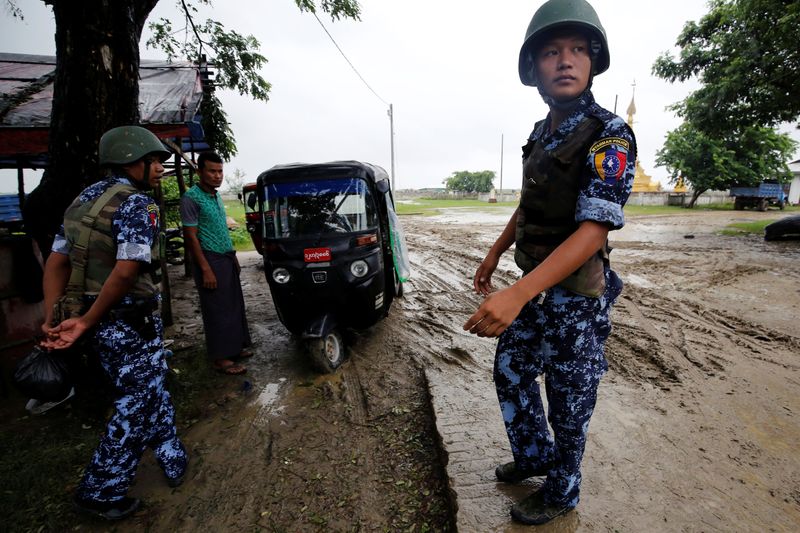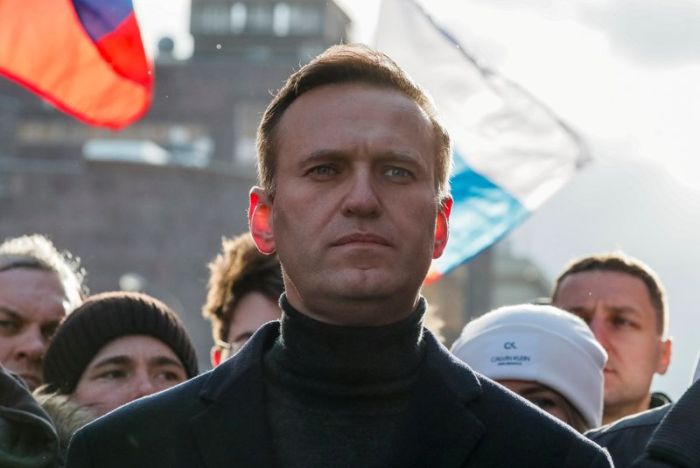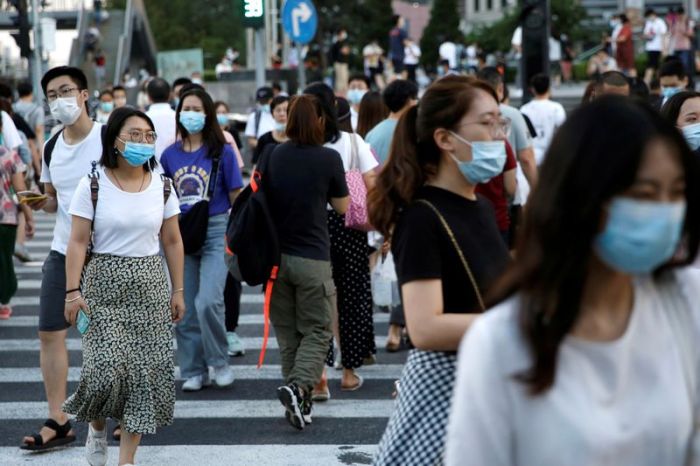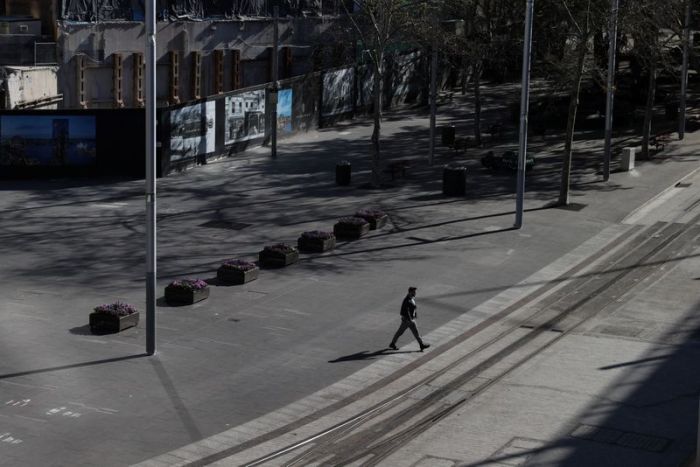GENEVA (Reuters) – The U.N. human rights chief said on Monday that recent civilian casualties in Myanmar may amount to “further war crimes” and that three years after an exodus of Rohingya Muslims from Myanmar “no concrete measures” on accountability had been taken.
U.N. High Commissioner for Human Rights Michelle Bachelet said that civilian casualties from fighting in Rakhine and neighbouring Chin states had been increasing, including through disappearances and extra-judicial killings.
“In some cases, they appear to have been targeted or attacked indiscriminately, which may constitute further war crimes or even crimes against humanity,” Bachelet told the Human Rights Council in Geneva.
She said satellite images and eyewitness accounts indicated that areas of northern Rakhine had been burnt in recent months and called for an independent investigation.
Myanmar’s ambassador to the U.N. in Geneva, Kyaw Moe Tun, said allegations of abuses were inaccurate and that Myanmar needed “time and space” to carry out democratic reforms.
“It is not acceptable that unsubstantiated and unverified allegations found their way to the report of the U.N.,” he told the council, adding that the situation in Rakhine is “complex, with deep historical roots and not easy to fathom”.
A spokesman for the Myanmar military did not answer phone calls from Reuters seeking comment.
More than 730,000 Rohingya Muslims fled the western Rakhine state in 2017 following a military crackdown which the U.N. has said was executed with genocidal intent. Myanmar’s army and government have consistently rejected the accusations and said the military was responding to attacks by Rohingya insurgents.
More recently, government troops have been battling Arakan Army insurgents, a group that recruits from the mostly Buddhist majority and is battling for greater autonomy for the region. Tens of thousands of people have been displaced and dozens killed, according to the United Nations.
The army has denied targeting civilians and has declared the Arakan Army a terrorist organisation.
(Reporting by Emma Farge and Poppy McPherson; Editing by Nick Tattersall)

























